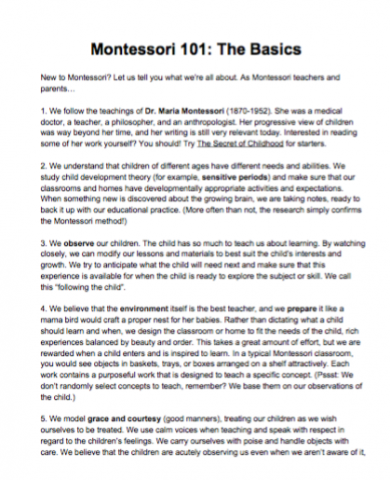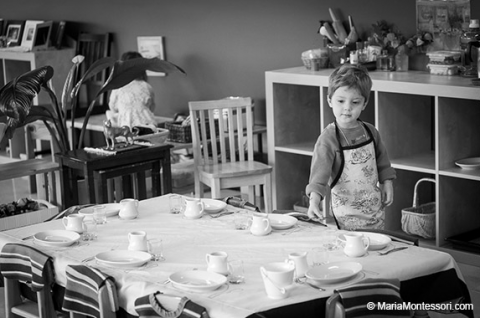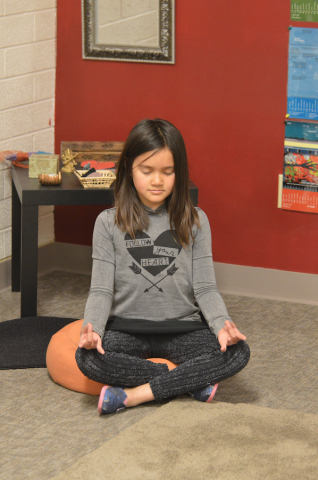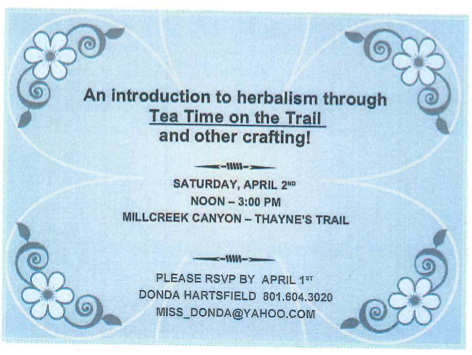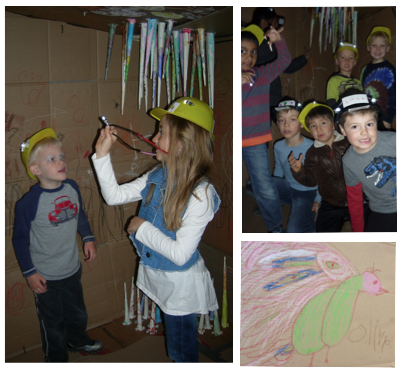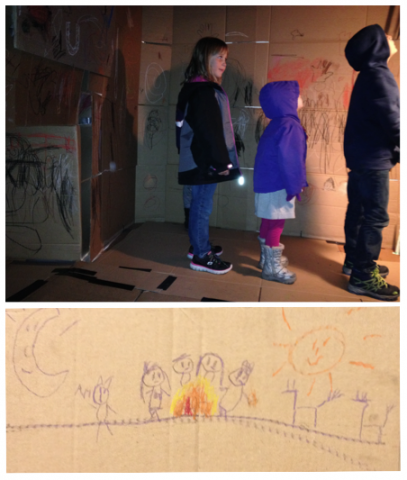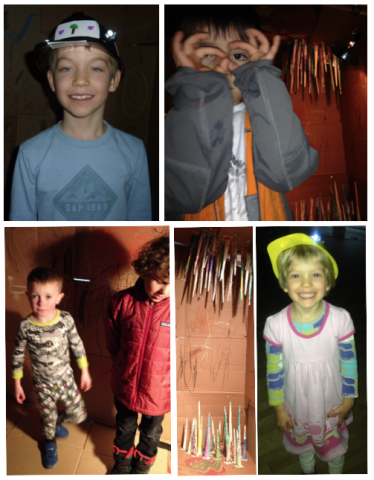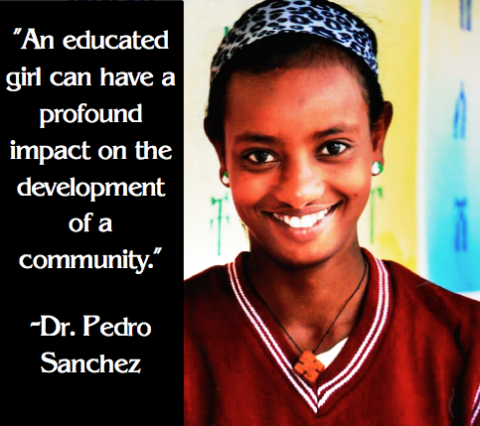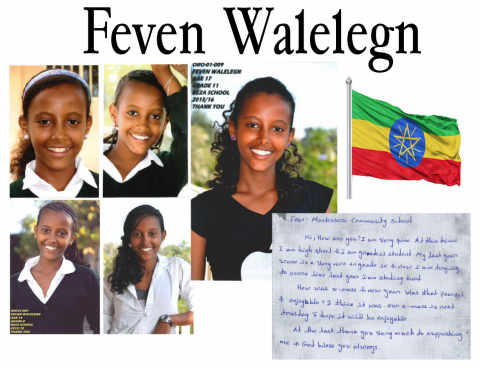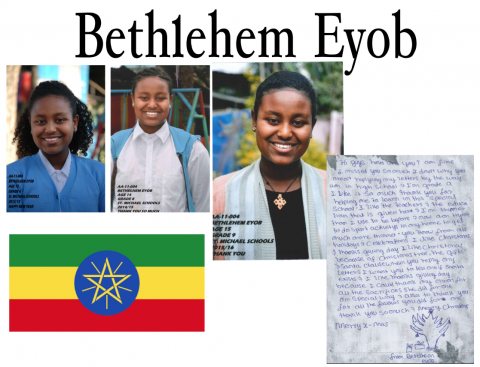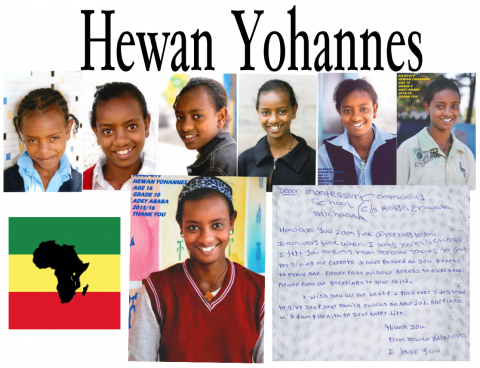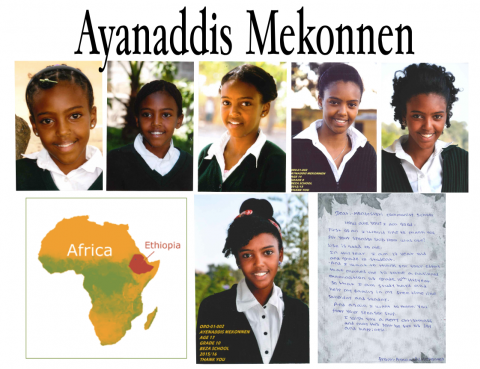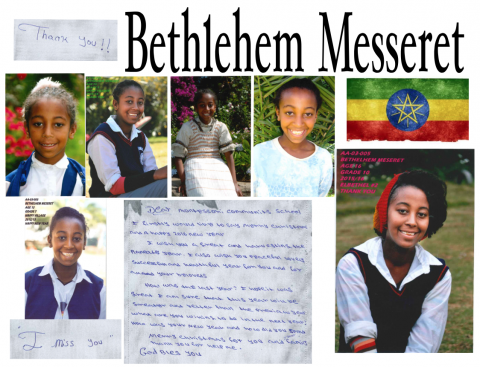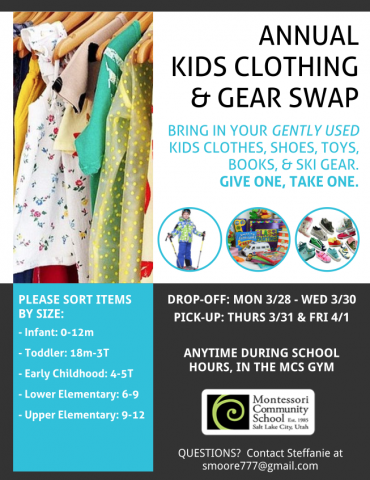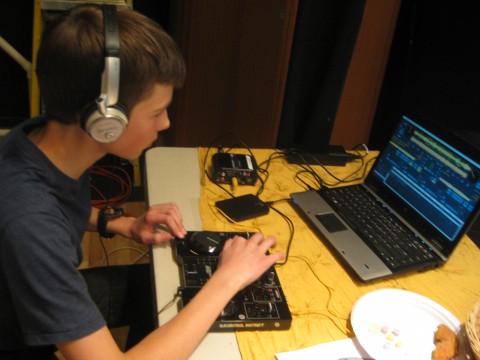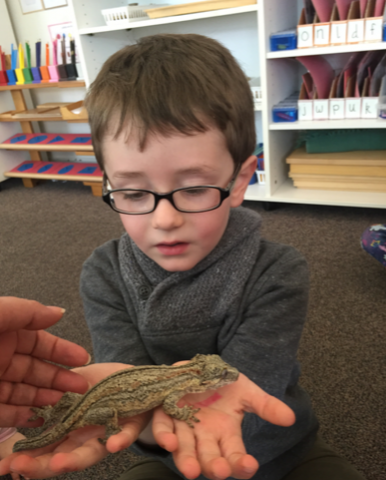As Montessori teachers and parents…
1. We follow the teachings of Dr. Maria Montessori (1870-1952). She was a medical doctor, a teacher, a philosopher, and an anthropologist. Her progressive view of children was way beyond her time, and her writing is still very relevant today. Interested in reading some of her work yourself? You should! Try The Secret of Childhood for starters. Read more about her life and take theMontessori challenge for fun.
2. We understand that children of different ages have different needs and abilities. We study child development theory (for example, sensitive periods) and make sure that our classrooms and homes have developmentally appropriate activities and expectations. When something new is discovered about the growing brain, we are taking notes, ready to back it up with our educational practice. (More often than not, the research simply confirms the Montessori method!)
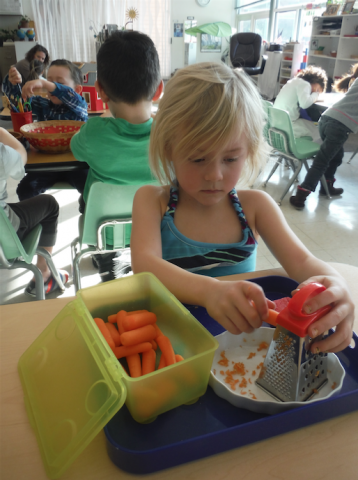
3. We observe our children. The child has so much to teach us about learning. By watching closely, we can modify our lessons and materials to best suit the child’s interests and growth. We try to anticipate what the child will need next and make sure that this experience is available for when the child is ready to explore the subject or skill. We call this “following the child”.
4. We believe that the environment itself is the best teacher, and we prepare it like a mama bird would craft a proper nest for her babies. Rather than dictating what a child should learn and when, we design the classroom or home to fit the needs of the child, rich experiences balanced by beauty and order. This takes a great amount of effort, but we are rewarded when a child enters and is inspired to learn. In a typical Montessori classroom, you would see objects in baskets, trays, or boxes arranged on a shelf attractively. Each work contains a purposeful work that is designed to teach a specific concept. (Pssst: We don’t randomly select concepts to teach, remember? We base them on our observations of the child.)
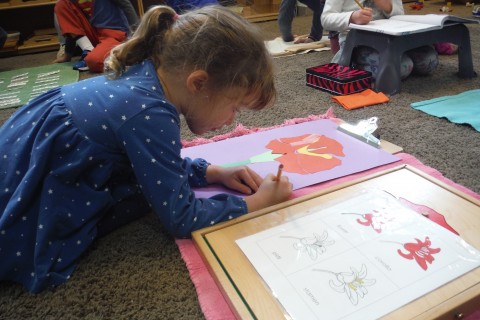
5. We model grace and courtesy (good manners), treating our children as we wish ourselves to be treated. We use calm voices when teaching and speak with respect in regard to the children’s feelings. We carry ourselves with poise and handle objects with care. We believe that the children are acutely observing us even when we aren’t aware of it, and they will mimic our behaviors and attitudes. We know that humans aren’t perfect, but we really try to bring out the best in ourselves.
6. We recognize that children are unique individuals who are not likely to master the exact same concepts or have the same interests at the same time. We celebrate this uniqueness and allow each child to develop at his or her pace. We believe that learning is a natural process that develops spontaneously. When we place our trust in the child, we are often surprised at the immense amount of learning that takes place through the child’s interaction with his or her world.
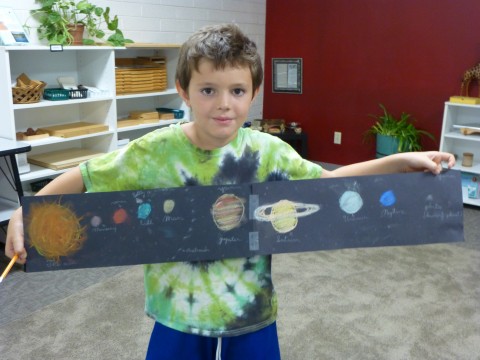
7. We do not use rewards and punishments to force children to comply with rules or to combat ill behavior. We believe that each child is on the way to developing self discipline and that the rewards should be intrinsic (within oneself) rather than externally imposed. When a child misbehaves, we first examine the reasons why the child is exhibiting those behaviors (hungry? tired? overstimulated? testing boundaries?) and then we contemplate whether a change in the prepared environment would help or if we need to teach certain problem-solving skills to prevent another occurrence. Never do we use shame or humiliation. We try to help the child understand appropriate behavior in a social context in a gentle, firm manner.
8. We believe that children learn best when they are free to move their bodies throughout the day. Children have physical rights. They should not be constrained to desks. They should be allowed to move around in their environment, visit the bathroom as often as they like, and work in a variety of sitting or standing positions. We want to teach our children to respect their bodies and control their movements, and by allowing this freedom, we feel that this helps the growing brain learn more effectively. We encourage this independence, but also teach respect for others. No one’s freedom should infringe upon another’s right to concentrate.
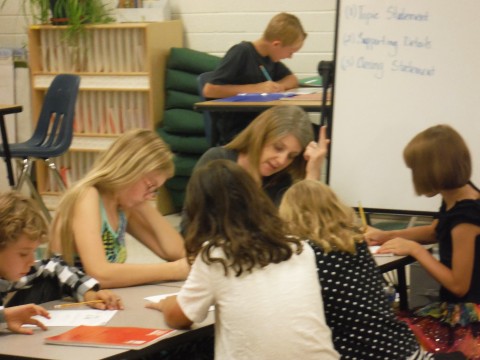
9. We believe that the materials a child works with (one could just as easily call them “toys”) should be carefully chosen to support the current developmental stage. With few exceptions, natural materials are preferred, and the works themselves should be arranged attractively on the shelf. Concrete experiences are always offered first and abstract thinking presented later, when the child has a firm grasp on the concept. Maria Montessori herself developed and sanctioned specific materials for learning that are considered classic and essential to a Montessori classroom. You might want to take a look at the pink tower, the moveable alphabet, or the golden beads. Oh, and yes, we call it work and not play. Really it’s just semantics, so don’t let it bother you.
10. To Montessori teachers, presenting a lesson to a child is an art form. For example, for the 3-6 age child, we captivate the child’s attention by talking very little during the lesson and instead making our movements slow and deliberate. This allows the child to focus on our actions and remember the little details that may be forgotten if we were speaking at the same time. One of the classic Montessori lesson techniques you might want to investigate is called The Three Period Lesson.
11. We believe that education can change the world for the better. We are advocates for peace. The children themselves represent a “bright, new hope for mankind”. We feel that the work we do as educators, guiding children toward self reliance and compassion, is incredibly important in the grand scheme of future life on Earth. How our children are treated as babies is going to impact our entire civilization when they are all grown up and making decisions that affect others. We are humbled by the great possibilities that exist within the tiniest of humans, and we respect their inner wisdom.
